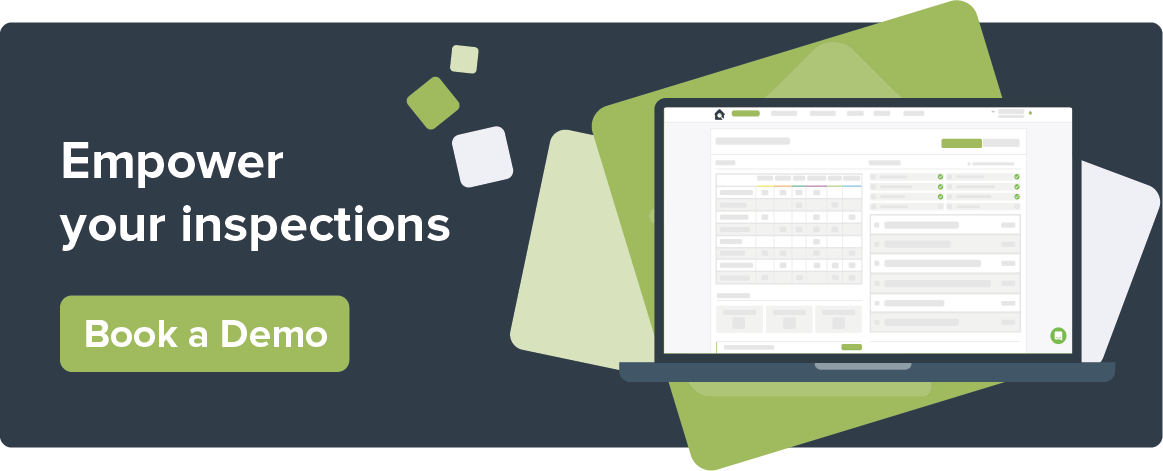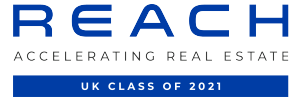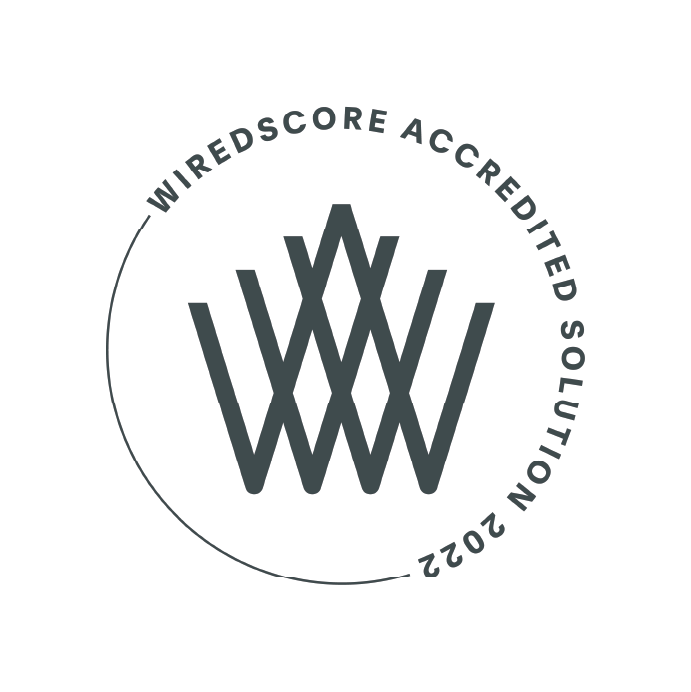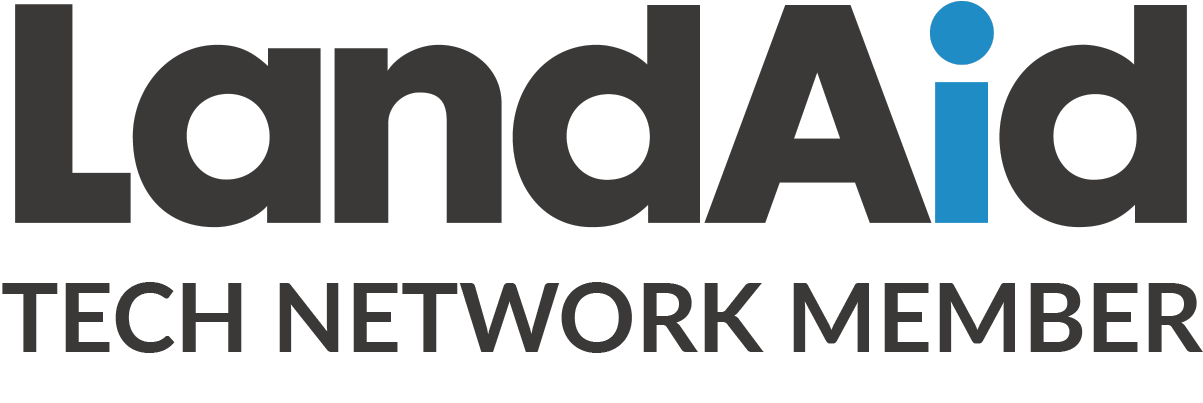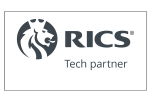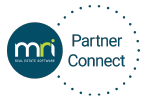It’s undeniable, the ideal benchmark for any hotel is not only meeting your guests’ expectations but exceeding them.
The hospitality industry is fiercely competitive, so even the slightest mishap can damage your brand reputation and leave your guests feeling like they probably should’ve booked somewhere else.
Hotel operators are constantly on the lookout for ways to boost their guest experience, from new facilities and features to more efficient booking systems. This process of engaging with and listening to your guests can help you raise the expectations of your customer base and really bolster the guest experience.
However, in the hospitality industry, there are numerous pitfalls to be wary of, especially when it comes to inspections.
Constantly evaluating the quality of your service and the condition of your facilities and buildings is good practice, but monitoring and reporting on these can be time-consuming.
Speaking directly to facilities management and building inspections for a moment, this can be a real task for property managers and hotel operators. With so much to look out for, things can often get overlooked, only to rear their head again when it’s likely too late.
The reason why hotel maintenance managers struggle is that, often, these processes are paper-based. It’s safe to say that recording evidence while walking around with a clipboard doesn’t cut it anymore. Time for a change? We think so.
Making positive changes like the below can boost your reputation to no end, so it’s important to consider the monitoring and reporting processes your business uses, too. Capturing every issue in real-time is the only sustainable way to keep up with demand these days, and doing so will fundamentally improve the guest experience
So, with that said, here are some simple ways to do exactly that – improve the guest experience.
1. Stay on top of your to-do list
When it comes to inspections and maintenance, whether that’s food hygiene, health and safety or building inspections, time is of the essence. When your list of things to do grows ever longer, your teams are stretched beyond capacity and things can get lost or overlooked. Being more reactive than proactive could be the difference between keeping a customer and losing them.
When it comes to poor maintenance or unplanned repairs, no matter if you’re a small business or a larger enterprise, this significantly harms the bottom line. With a third of maintenance budgets spent on things just like this, staying on top of things like this could save a lot of money in the long run.
2. Build a proactive culture in your workplace
Employee turnover is high in hospitality. It always has been. Studies show that the average turnover of employees in the UK can be as high as 34%. Despite this fact, it’s not reason enough to eschew the building of a culture that speaks to your company ethos. While churn is disruptive, if you ensure your new hires are onboarded with a proactive mindset, they’ll develop a keen eye for noticing building maintenance issues, ailing facilities, or health and safety concerns.
What’s more, if you adopt technology now, every new starter will be upskilled and connected, making the whole process seamless across teams and functions.
3. Treat every guest like a VIP
Sounds obvious, right? Sure, every hotel worth its salt does this as standard, or we like to think so. But what are your actions really saying? For example, when you overlook customer feedback, maybe because it’s been lost on a piece of paper somewhere in the office, doesn’t really indicate that every guest is treated like a VIP.
What it really says is, “We haven’t taken your feedback on board. When you next visit, the thing you pointed out will still be like that.” So making sure every aspect of a guest’s feedback is monitored, reported on and addressed will reward you with continued patronage and possibly referrals. Take heed and look for solutions that help you do exactly that.
4. Measure your customer service
They say that data is the new oil. So, if you’ve digitised your services you’re rich beyond your wildest dreams, you just need to know how to measure it. Data will tell you everything you need to know about your clientele, services, facilities, buildings, food, cleanliness…you name it.
The best property inspection software or property management software will let you export your data, enabling and empowering you to make heads and tails of it. If you can track it and digitise it, then it will hold a wealth of information that could make a real difference in your business.
5. Upgrade your monitoring and reporting processes
In this day and age, hotels are more likely to succeed with the help of technology. It’s becoming increasingly common now that every guest walking through your door relies on technology in some way, so why not echo their behaviour? Reports often state that more and more hotels are streamlining their check-in processes using property management systems (PMS), or even managing staff and generating reports for business intelligence. Tech saves time, there are no two ways about it.
Though, as we previously discussed, when it comes to health and safety reporting, building maintenance and facilities management, these are all areas that seem to lag behind the others when it comes to technology adoption. Going for a walk with a clipboard takes time, it isn’t transparent, and it’s rarely digitised. The addition of end-to-end property software with built-in templates will be much more efficient for your staff.
To learn more about how Property Inspect empowers hotel managers and maintenance teams, book a demo using the button below:


